
How to destroy your liver: 10 worst habits for fatty liver (hepatic steatosis)

Fatty liver disease, medically known as hepatic steatosis, has become an increasingly common health issue worldwide. As more lifestyles include poor diets, sedentary routines, and high stress, understanding the habits that silently harm your liver is more important than ever. This article takes a closer look at the 10 worst habits that can damage your liver—why they matter, how they affect your body, and what you can do to protect yourself.
Key Takeaways
-
Avoid supplements that claim to “detox” or “cleanse” the liver.
-
Reduce or eliminate ultra-processed foods.
-
Limit sugary drinks and sweetened beverages.
-
Make sleep and daily movement a priority.
-
Be mindful and responsible with alcohol use.
Understanding Fatty Liver Disease
Fatty liver disease happens when too much fat accumulates inside liver cells, interfering with normal liver functions. Over time, this buildup can trigger inflammation, scarring (fibrosis), and in more severe cases, cirrhosis or liver failure. The encouraging news is that many of the behaviors contributing to fatty liver are modifiable, meaning you can take real action starting today. With consistent, informed habits, liver damage can often be slowed—and sometimes even reversed.
The 10 Worst Habits for Your Liver
Below are the top 10 habits that damage your liver, listed from the least harmful to the most dangerous—though all deserve your attention.
10. Believing in Detox Supplements
Many people trust supplements marketed as liver cleansers, but the truth is: no pill can detox your liver. Your liver already detoxifies your body naturally. Worse, some supplements—especially concentrated herbal extracts like green tea capsules—have been linked to liver inflammation and even rare cases requiring transplants. Always discuss new supplements with a healthcare provider, especially if you already have health conditions or take medications.
9. Consuming Ultra-Processed Foods
Ultra-processed foods are cheap, convenient, and everywhere—but they’re extremely harmful for the liver. These include:
-
Packaged cookies
-
Cereal bars
-
Frozen pizzas
-
Instant noodles
-
Highly processed snacks and ready-to-eat meals
They often contain excess salt, sugars, refined carbs, and unhealthy fats, all of which contribute to liver fat buildup. Try replacing these with whole foods such as fruits, vegetables, nuts, whole grains, and lean proteins. Small swaps over time can make a big difference.
8. Drinking Sugary Beverages
Sugary drinks—sodas, fruit punches, sweet teas—are one of the fastest ways to accumulate fat in the liver. Many of these beverages contain high fructose corn syrup, which the liver must process directly. Routine consumption increases risk for fatty liver, weight gain, and metabolic issues. If you enjoy sweet drinks, limit them to special occasions or choose unsweetened versions. Zero-calorie sodas are less harmful but may still contain preservatives and artificial sweeteners to watch out for.
7. Not Getting Enough Sleep
Sleep is when your body repairs itself, regulates hormones, and restores metabolic balance. Getting fewer than 6 hours of sleep consistently increases the risk of obesity, insulin resistance, and liver disease. Establish a healthy sleep routine by going to bed at the same time, reducing screen time before bed, and creating a calm sleep environment. Improving sleep quality can have rapid, noticeable benefits for liver health.
6. Eating Too Much White Flour
Foods made with refined white flour—such as pastries, bread, pancakes, and pasta—cause rapid spikes in blood sugar. When the body cannot use all this sugar, it gets stored as fat, much of which accumulates in the liver. You don’t need to eliminate these foods entirely, but reducing daily consumption and choosing whole-grain options more often can help regulate blood sugar and liver fat.
5. Leading a Sedentary Lifestyle
Physical activity is one of the strongest protectors against fatty liver disease. Aim for at least 150 minutes of exercise per week, which can be divided into:
-
50 minutes × 3 days a week
-
30 minutes × 5 days a week
-
Or short sessions throughout the day
Choose activities you genuinely enjoy—walking, cycling, dancing, yoga, swimming—because consistency matters more than intensity. Movement helps the body burn fat, improve circulation, and reduce liver stress.
4. Drinking Alcohol
Alcohol is a major threat to liver health. Even moderate drinking can be risky if you already have liver issues. While one drink per day is generally considered “moderate,” alcohol affects everyone differently based on genetics, diet, medications, and overall health. When in doubt, drink less—not more—and consider alcohol-free days during the week to give your liver time to recover.
3. Ignoring Other Health Conditions
Underlying conditions like high blood pressure, diabetes, high cholesterol, and thyroid disorders significantly increase the risk of fatty liver disease. Managing these conditions through medication, diet, and lifestyle changes is essential. Regular check-ups help catch problems early before they lead to irreversible liver damage.
2. Consuming Saturated Fats
Diets high in saturated fats—from fatty meats, full-fat dairy, butter, and certain oils—can rapidly increase liver fat. Instead of lard or coconut oil, choose healthier alternatives like extra virgin olive oil, which supports better heart and liver health. Reducing saturated fat intake not only benefits the liver but also helps control cholesterol levels.
1. Obesity
Obesity remains the number one cause of fatty liver disease. Even a 5–10% decrease in total body weight can dramatically improve liver function and reduce inflammation. Focus on gradual, sustainable weight loss rather than extreme diets. Losing weight too quickly may actually worsen liver health, so a slow reduction of 1–2 pounds per week is ideal.
Conclusion
Your liver plays a vital role in digestion, detoxification, and overall well-being. By understanding and avoiding these harmful habits, you can protect your liver and improve your long-term health. Small daily changes—better sleep, healthier food choices, regular movement, and thoughtful lifestyle habits—can make a powerful difference. If you have concerns about your liver or need personalized guidance, consult a healthcare professional. Your liver works hard for you—take care of it in return.
News in the same category


5 tips for marketing to help you never get ripped off: Take advantage of them to use when necessary

Tips for boiling pork belly in the microwave without water, extremely delicious
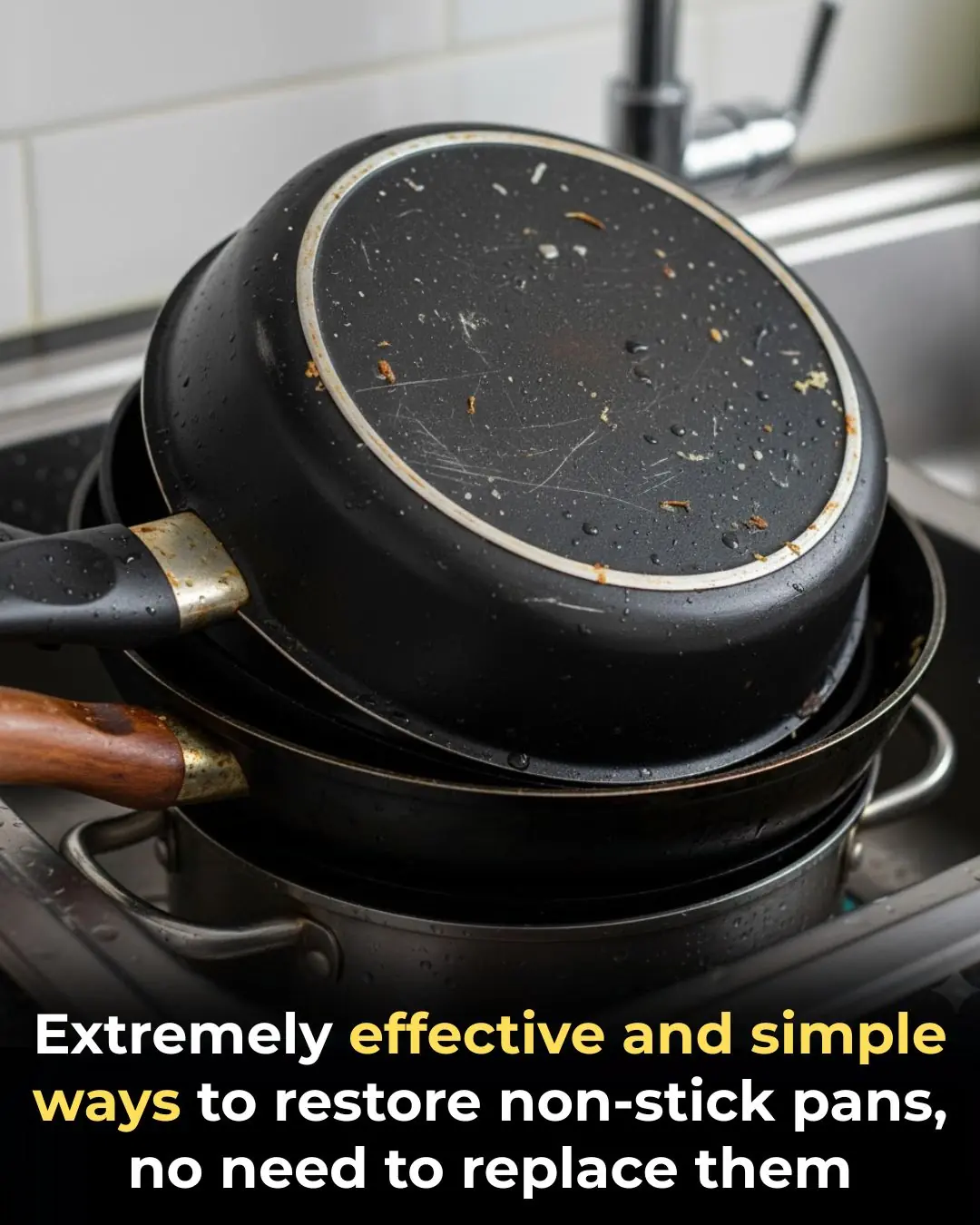
Extremely effective and simple ways to restore non-stick pans, no need to replace them

The wonderful uses of boiled beer, solving problems that every household encounters

Unlock Energy Savings: How Proper Use of Your Refrigerator’s Temperature Control Button Can Cut Costs

8 tips to increase wifi speed tenfold

8 Natural Ways to “Cleanse” Your Lungs: Affordable Yet Highly Effective
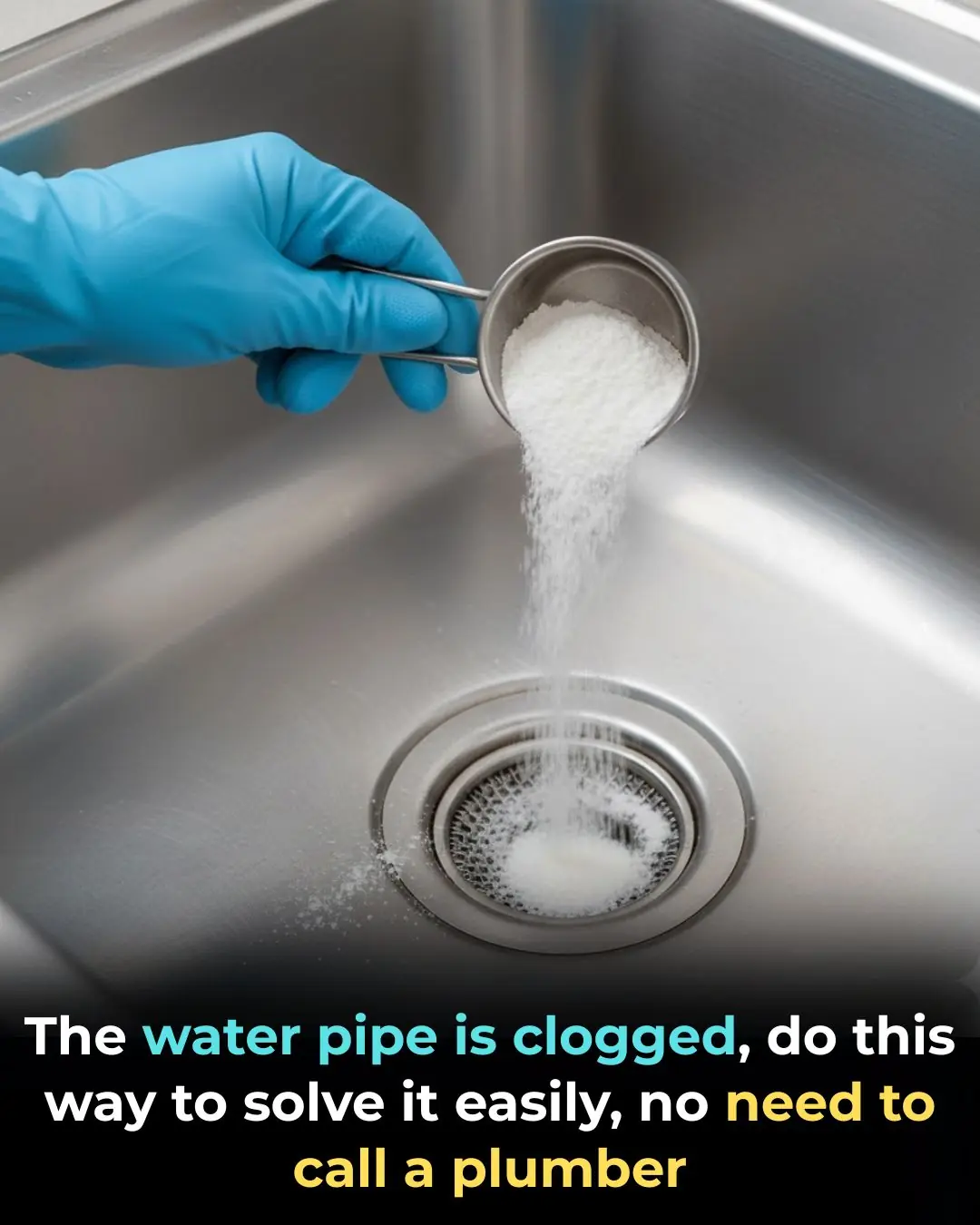
How to Easily Unclog a Blocked Drain Without Calling a Plumber
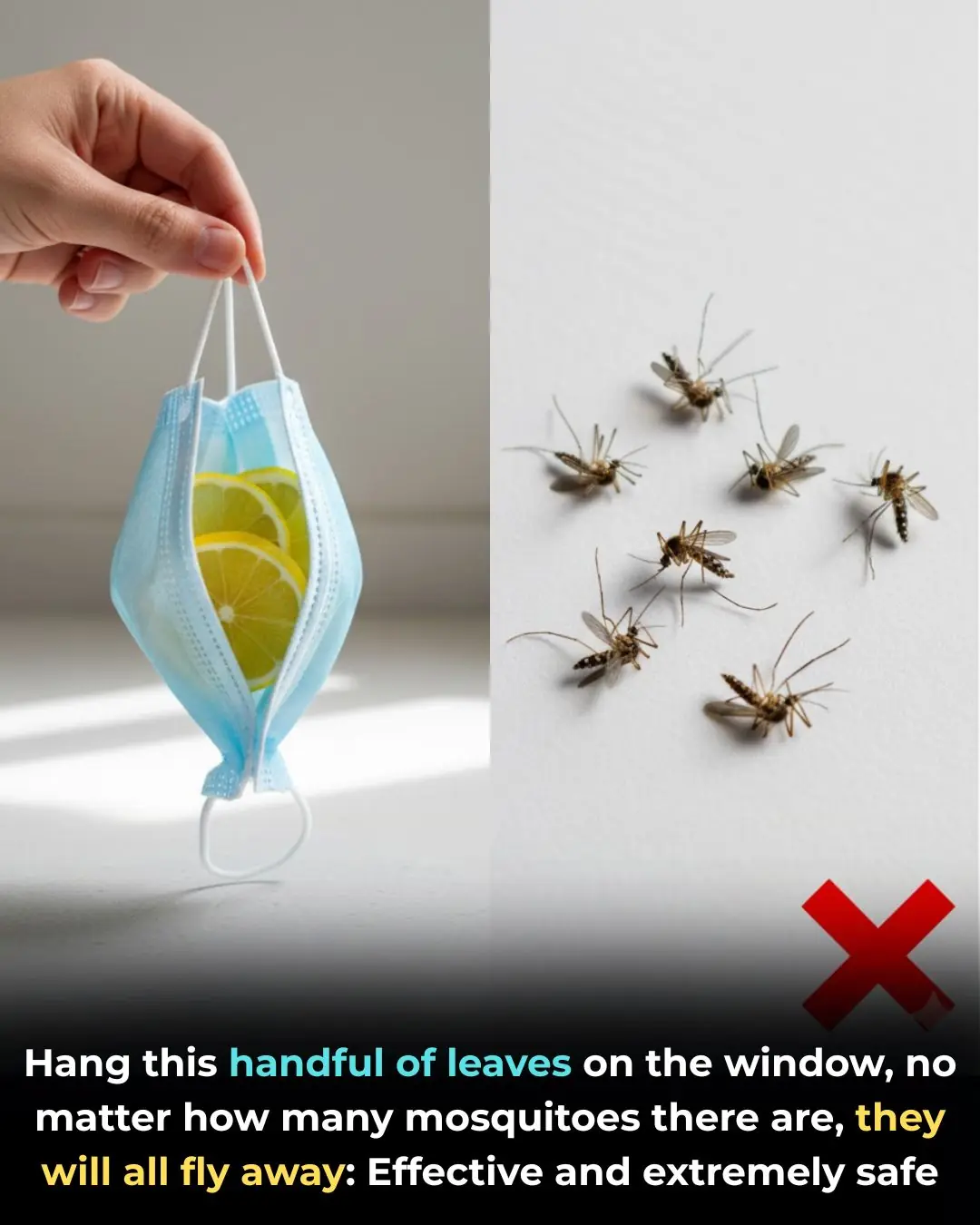
Hang this bunch of leaves on your window, and no matter how many mosquitoes there are, they’ll all disappear: effective and completely safe

5 Items You Should Never Buy at the Supermarket — Especially When They're on Sale

How to Choose the Best Apple: Crisp, Sweet, and Nutritious

A 52-Year-Old Man Died From Diabetes: Doctors Warn These 4 Breakfast Habits Should Be Eliminated Immediately
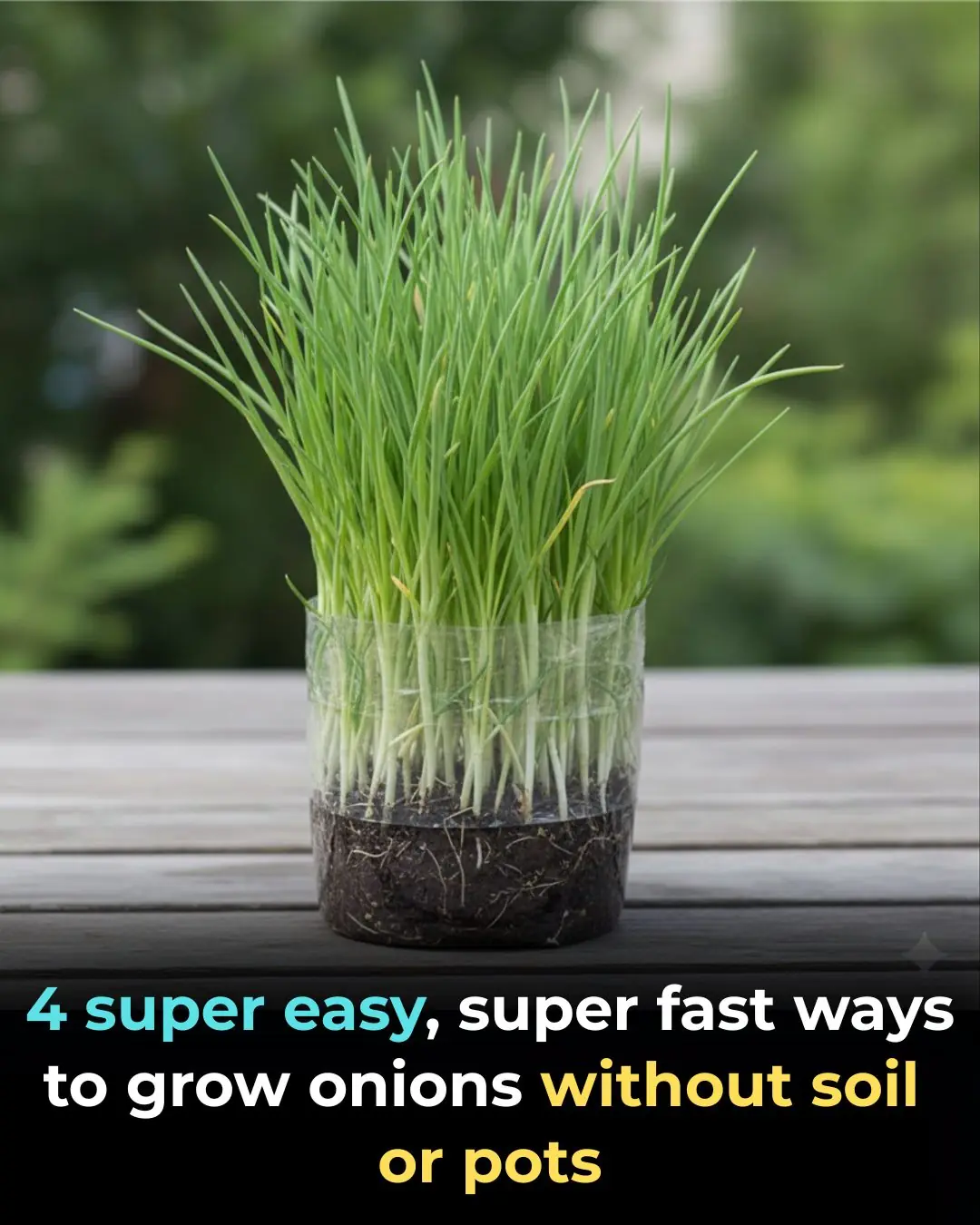
4 Super Easy and Fast Ways to Grow Green Onions Without Soil or Pots

Tips to make plump white bean sprouts that are easy to eat: Do these 4 things correctly and you'll be fine.

Put plastic bottles in the toilet tank, great benefits, every house needs it

Pour beer and white vinegar into the pot of bonsai soil, the soil will be soft "like sand", many years later the soil will still be loose
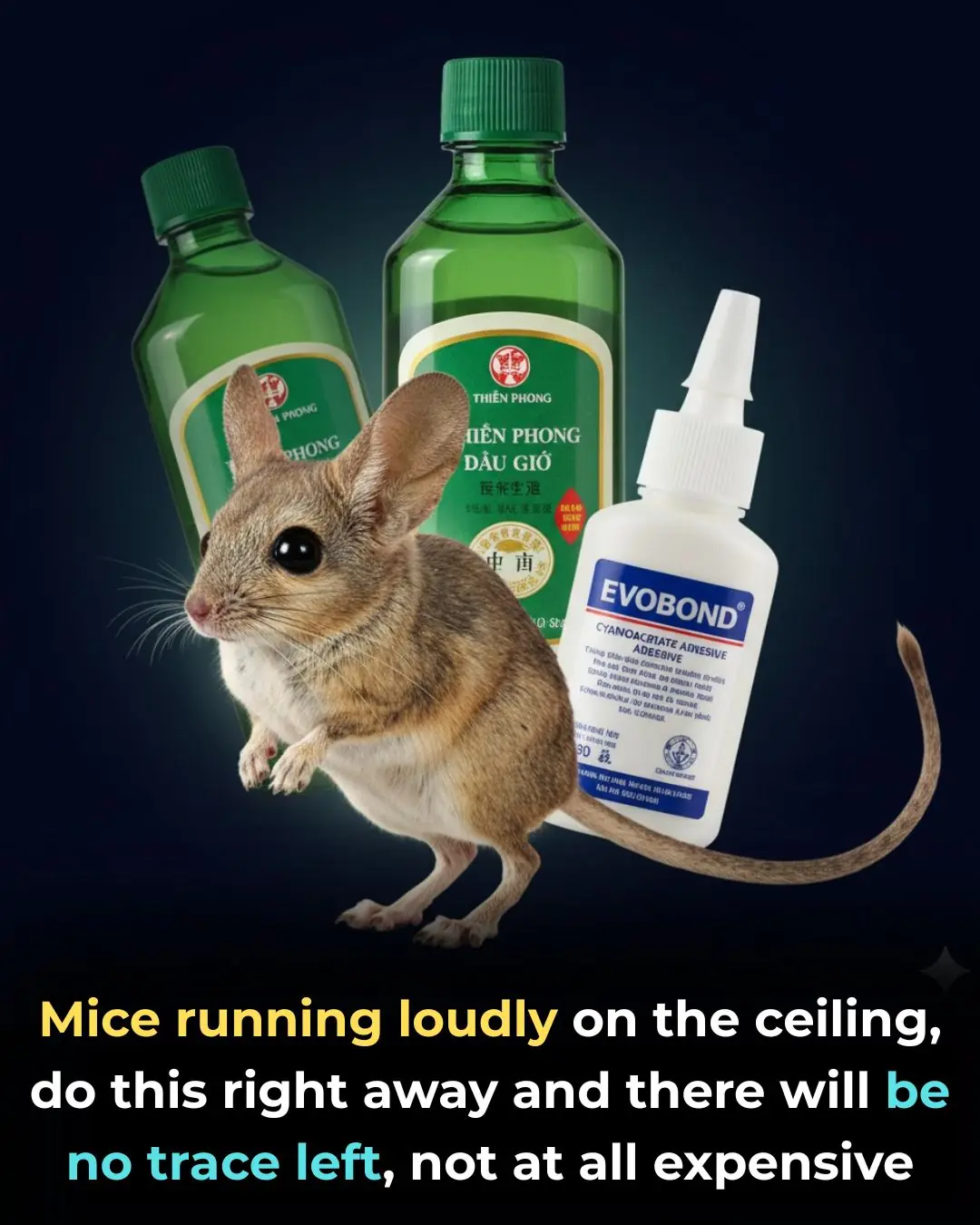
Mice ran loudly on the ceiling

Boil green bananas this way
News Post
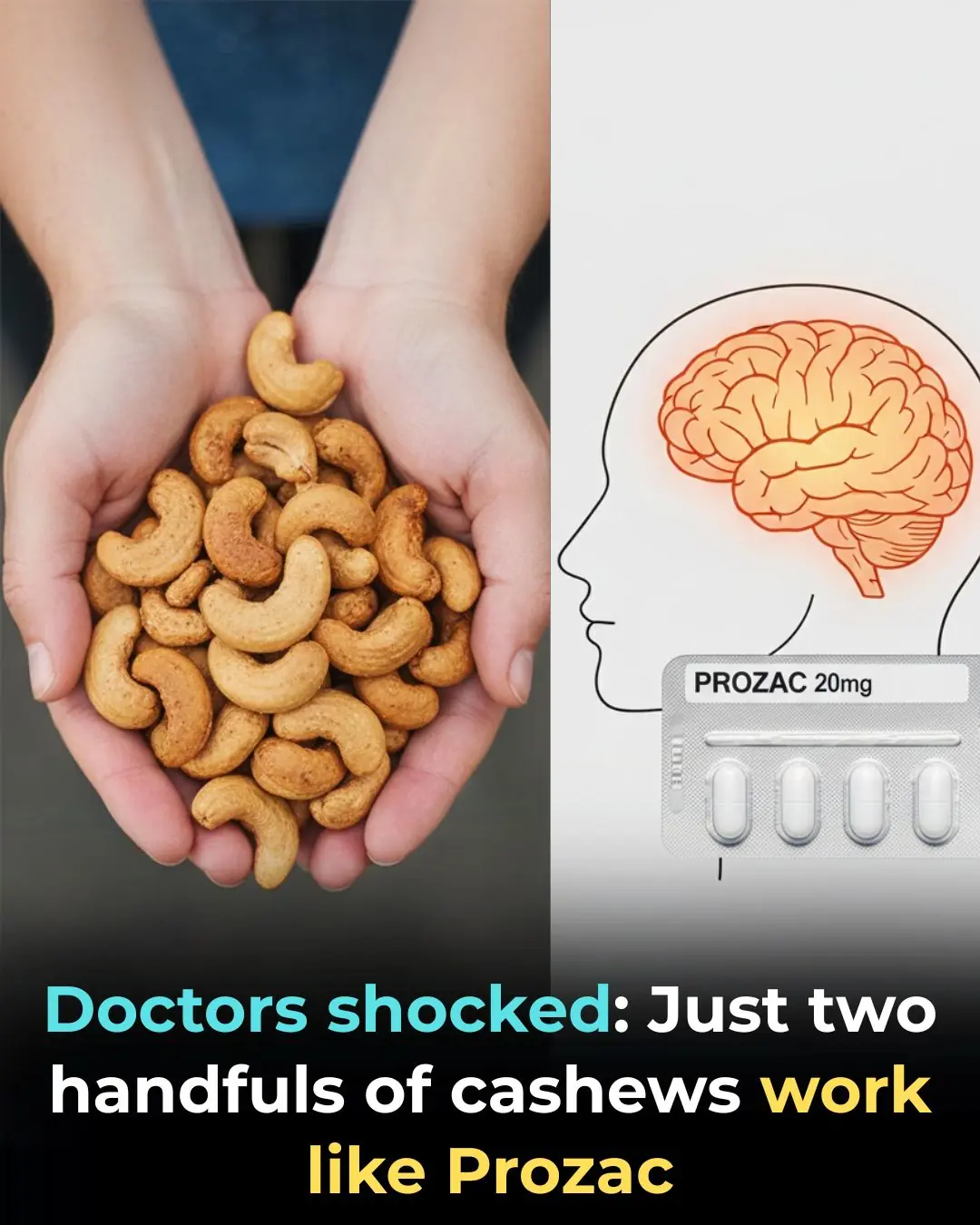
2 Handfuls of Cashews is The Therapeutic Equivalent of a Prescription Dose of Prozac

7 tips to eliminate dangerous blood fat
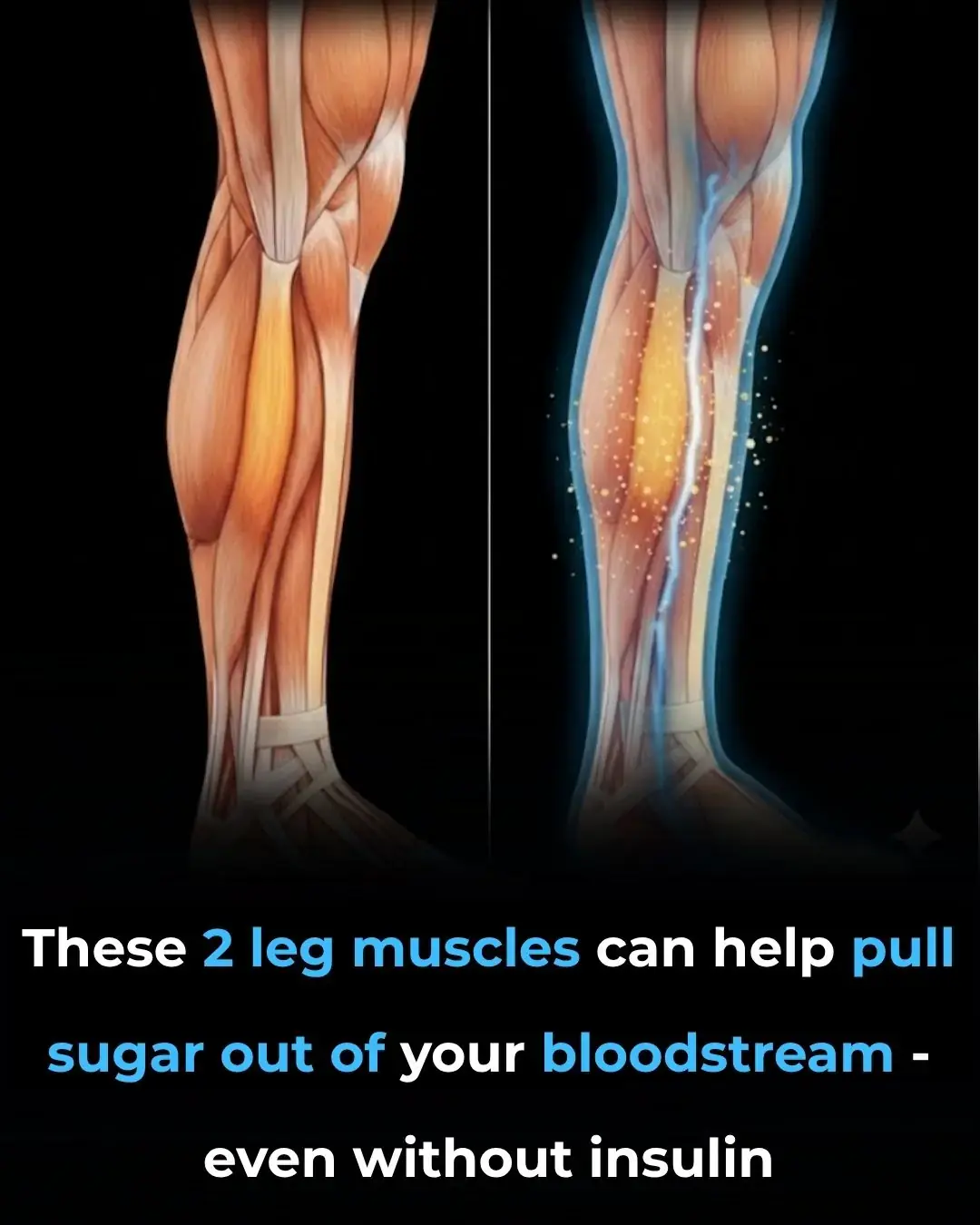
Lower blood sugar naturally by training just 2 leg muscles
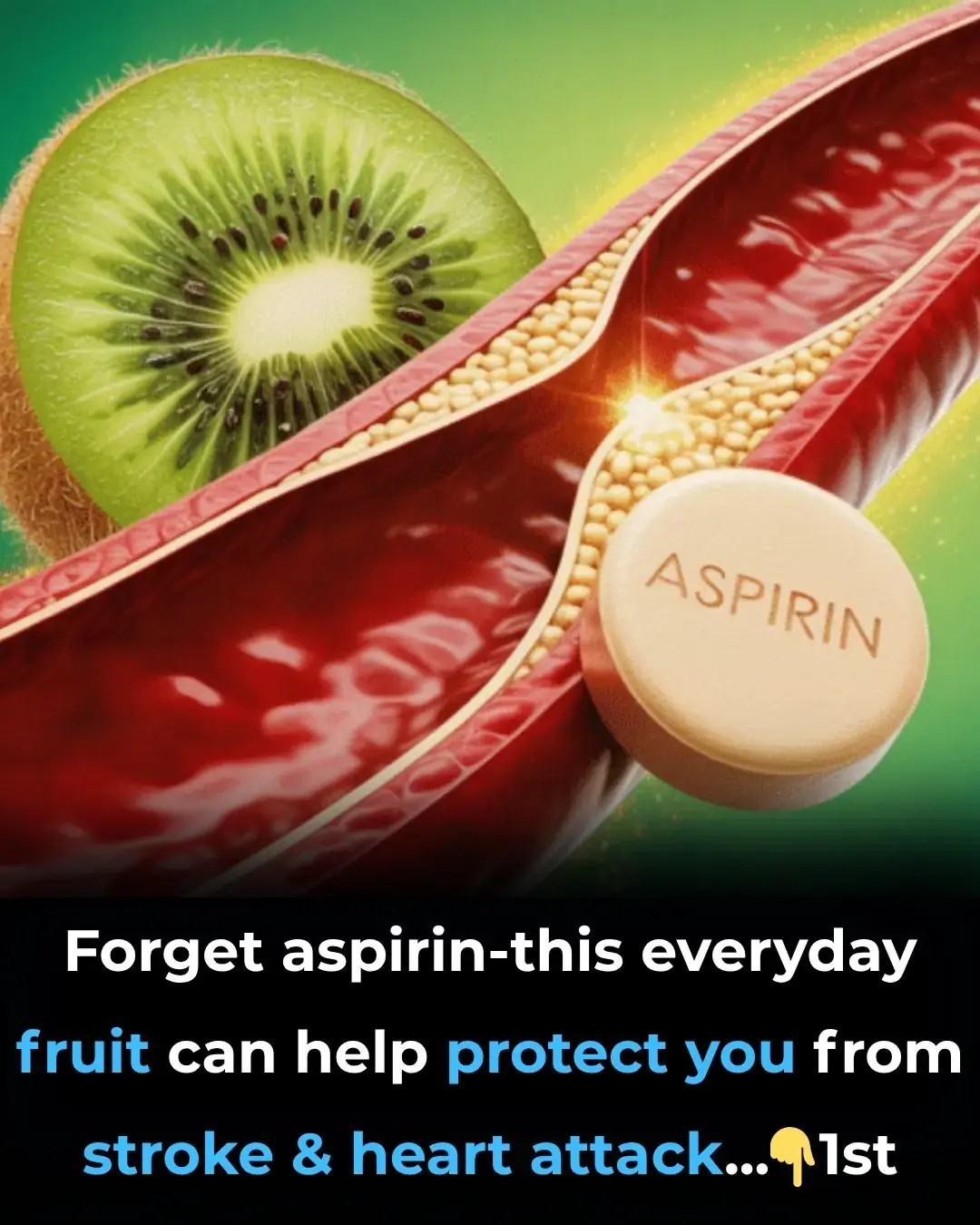
Forget aspirin—this everyday fruit can help protect you from stroke and heart attack

The Powerful Medicinal Benefits and Uses of Senna alata

The Real Power of Dandelion Is in the Root

The Surprising Benefits of Boiled Bay Leaves and Cloves: A Natural Elixir for Wellness

Preventing Stroke At Any Age: 3 “Don’ts” After Meals—And 4 “Don’ts” Before Bed
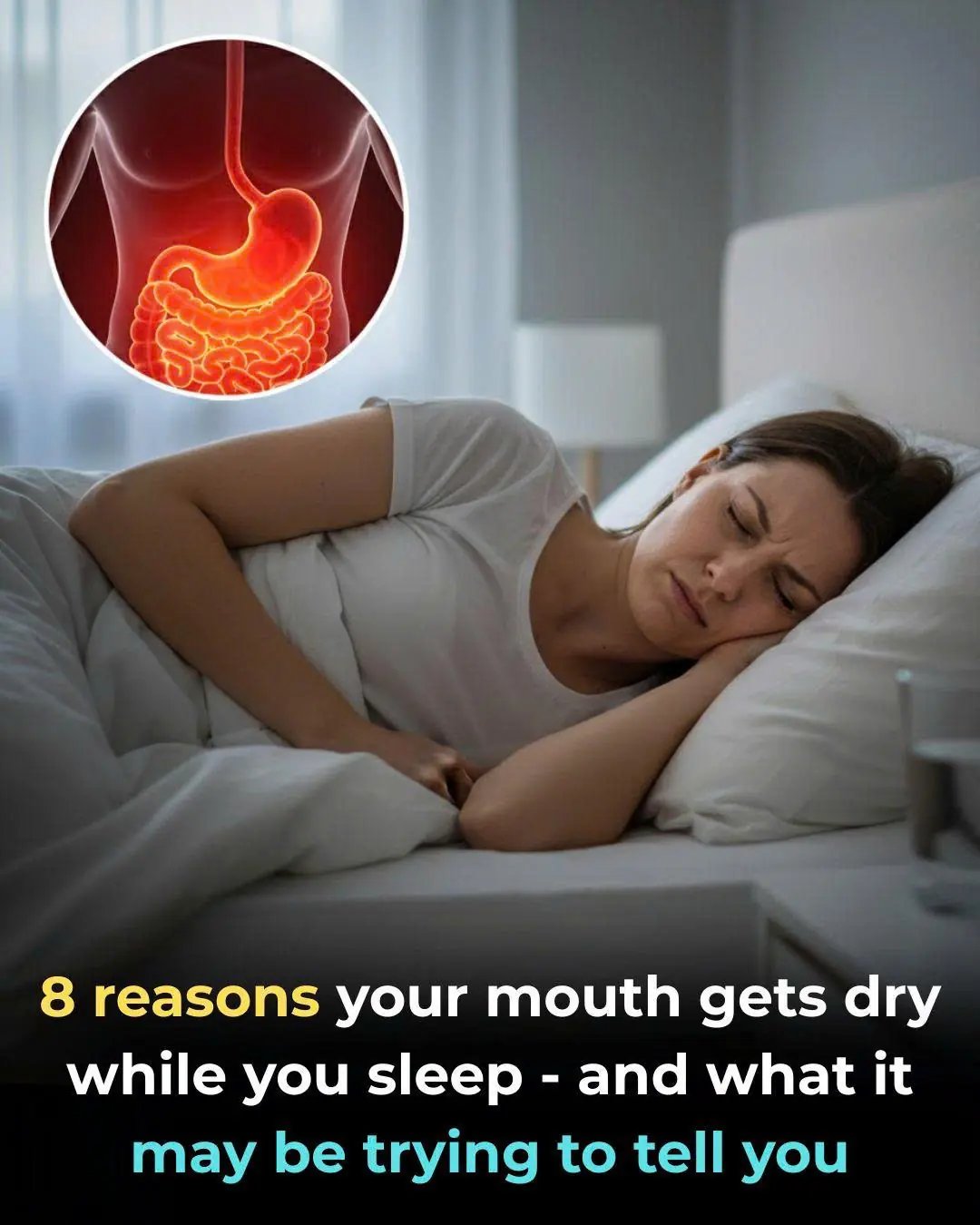
People whose mouths feel dry when sleeping at night need to know these 8 reasons

Ariana Grande gives shocking update on music career after ‘Wicked: For Good’

Controversial I'm A Celeb star Ruby Wax's changing face

MAFS UK's Abi issues emotional relationship status update

The “Hand of God” Technique: How a Simple Gesture Brought Humanity Back Into Isolated Hospital Rooms

Ant McPartlin's tattoos explained – from meaningful inking to poignant tribute
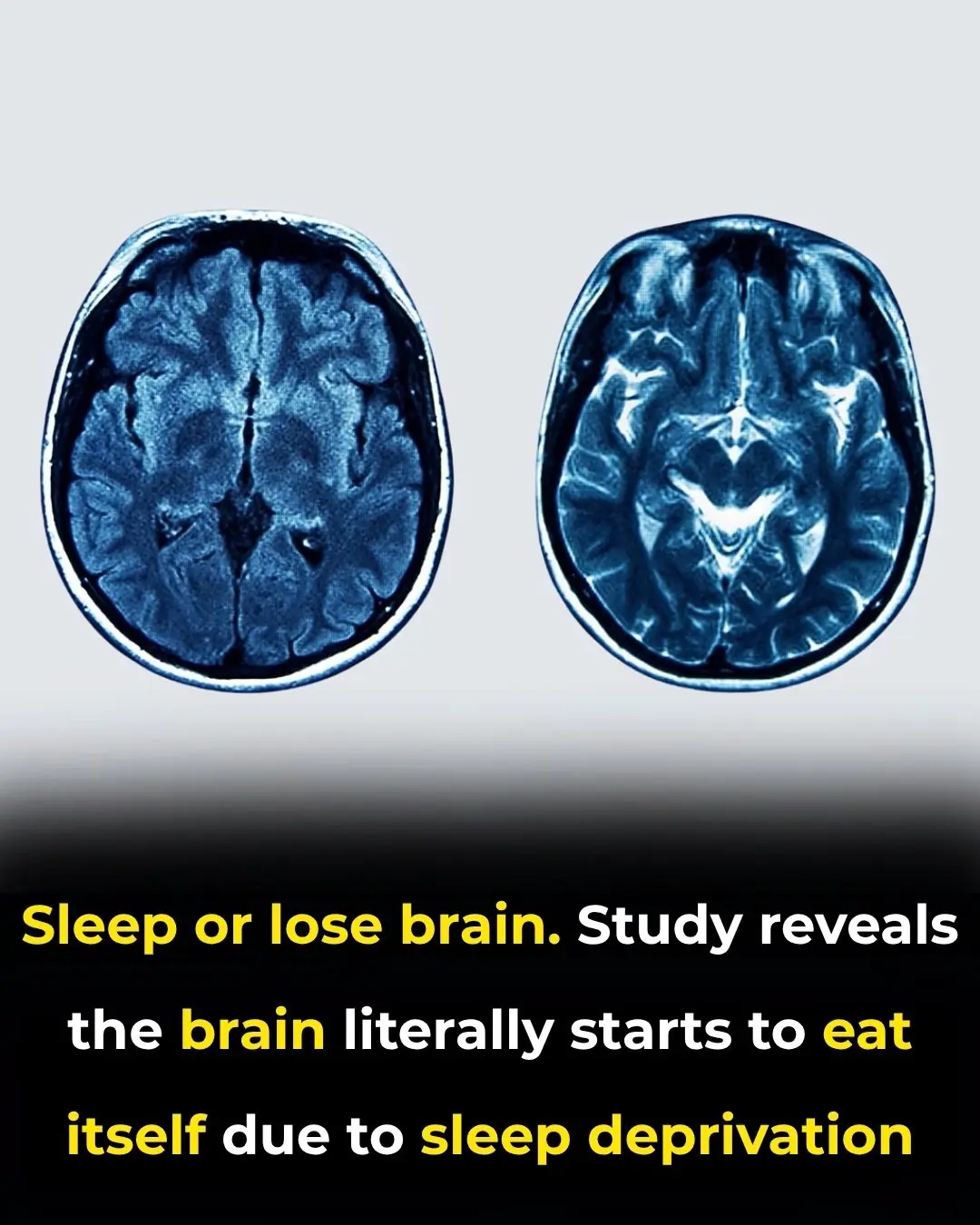
When the Brain Begins to Consume Itself: The Hidden Costs of Chronic Sleep Loss
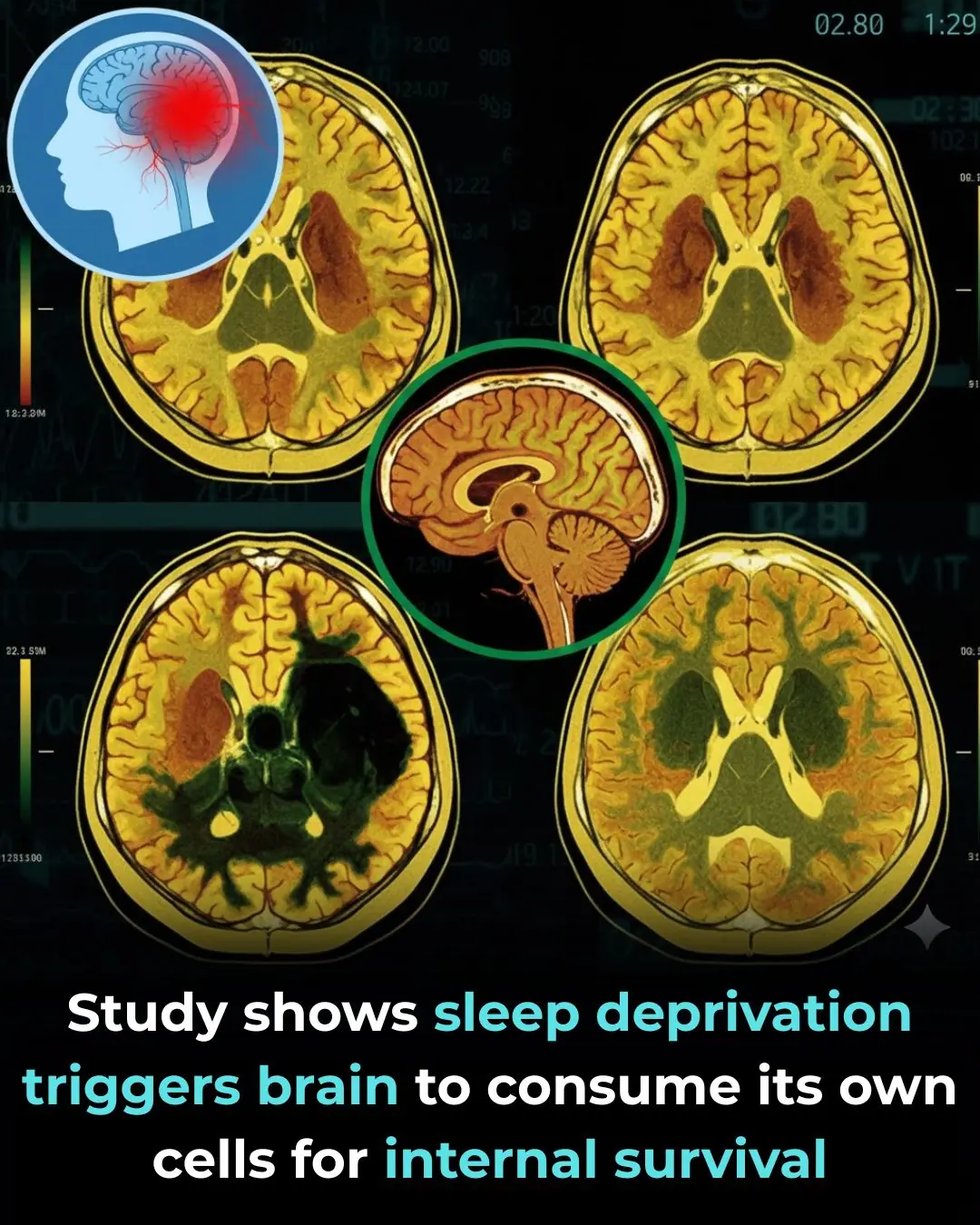
When the Brain Eats Itself: The Hidden Damage Caused by Lack of Sleep

From Self-Marriage to Self-Divorce: Suellen Carey’s Viral Journey of Self-Love

Kerry Katona undergoes corrective boob surgery as she gushes over beau Paolo's support

How Rose Essential Oil May Reshape the Brain: A Deep Dive Into a Surprising New Study
